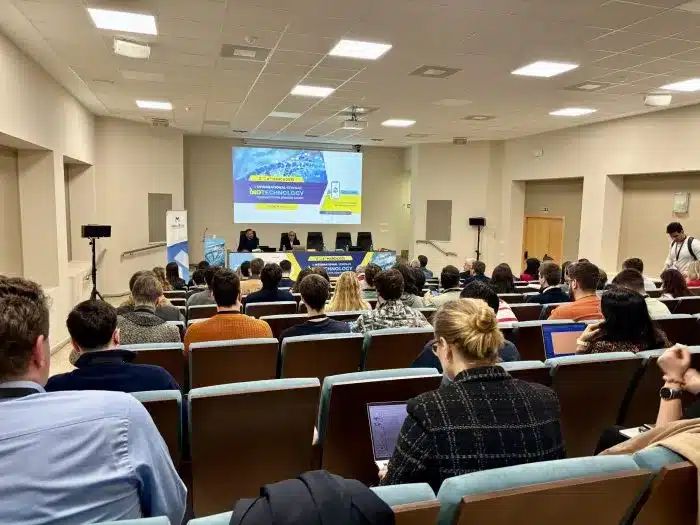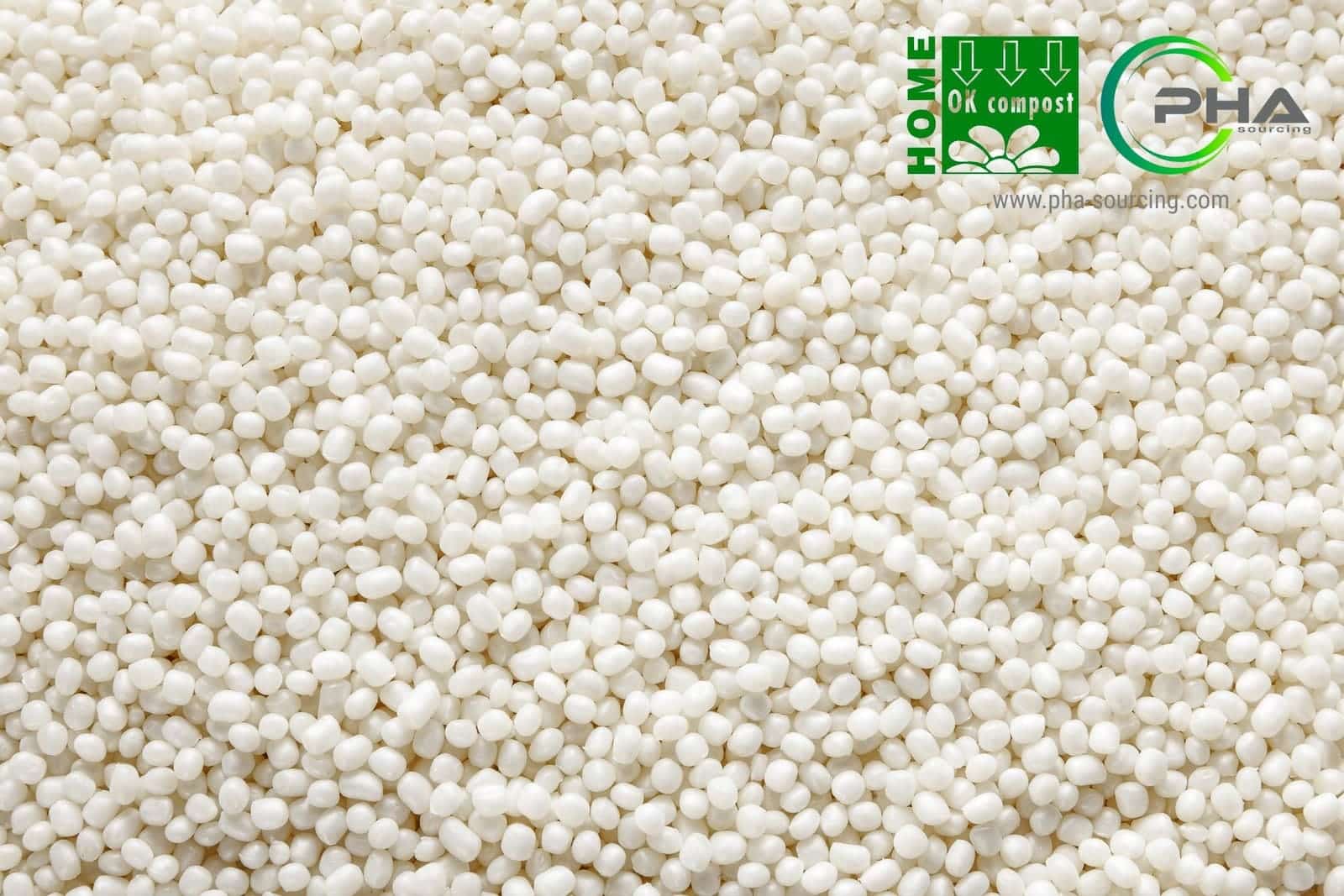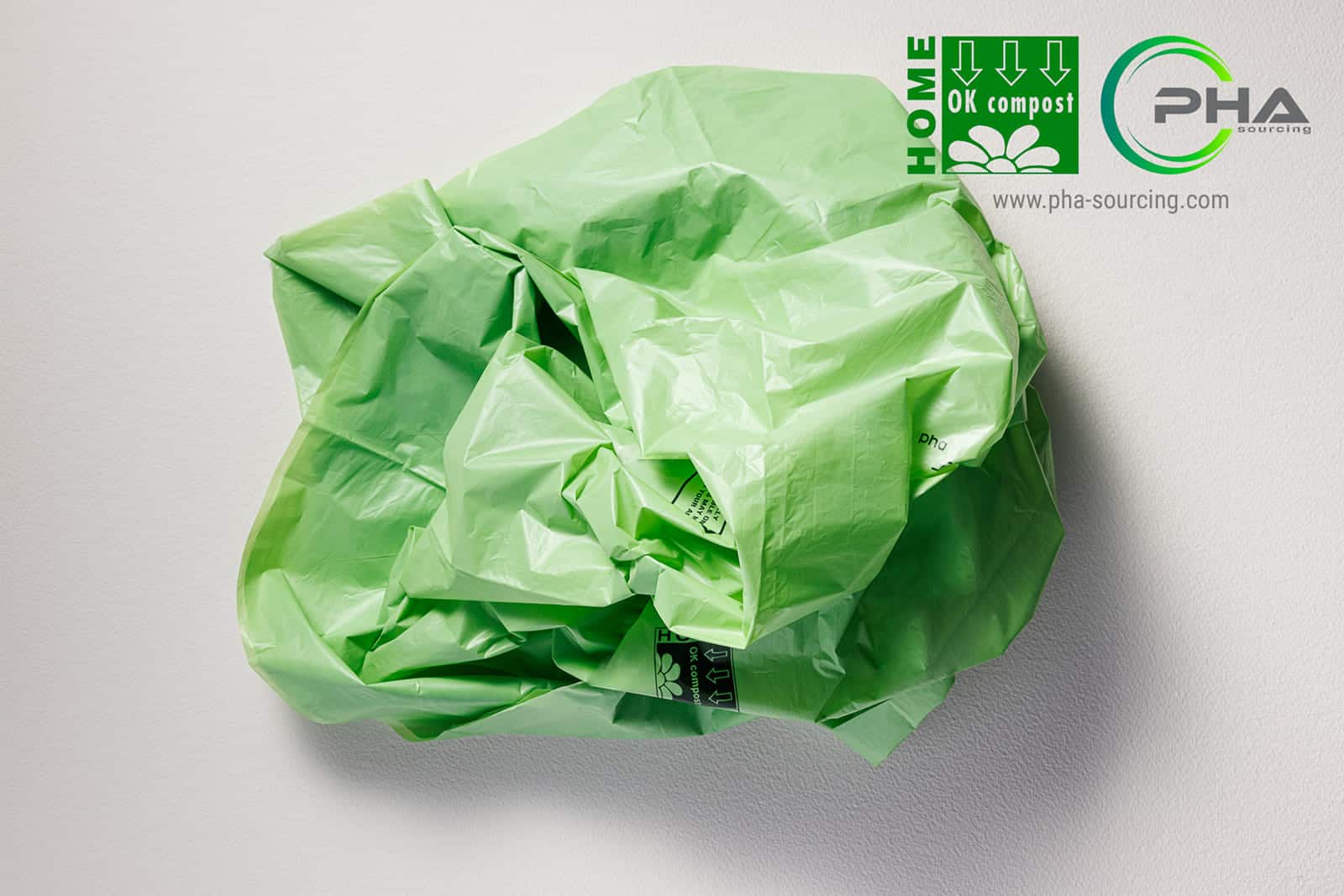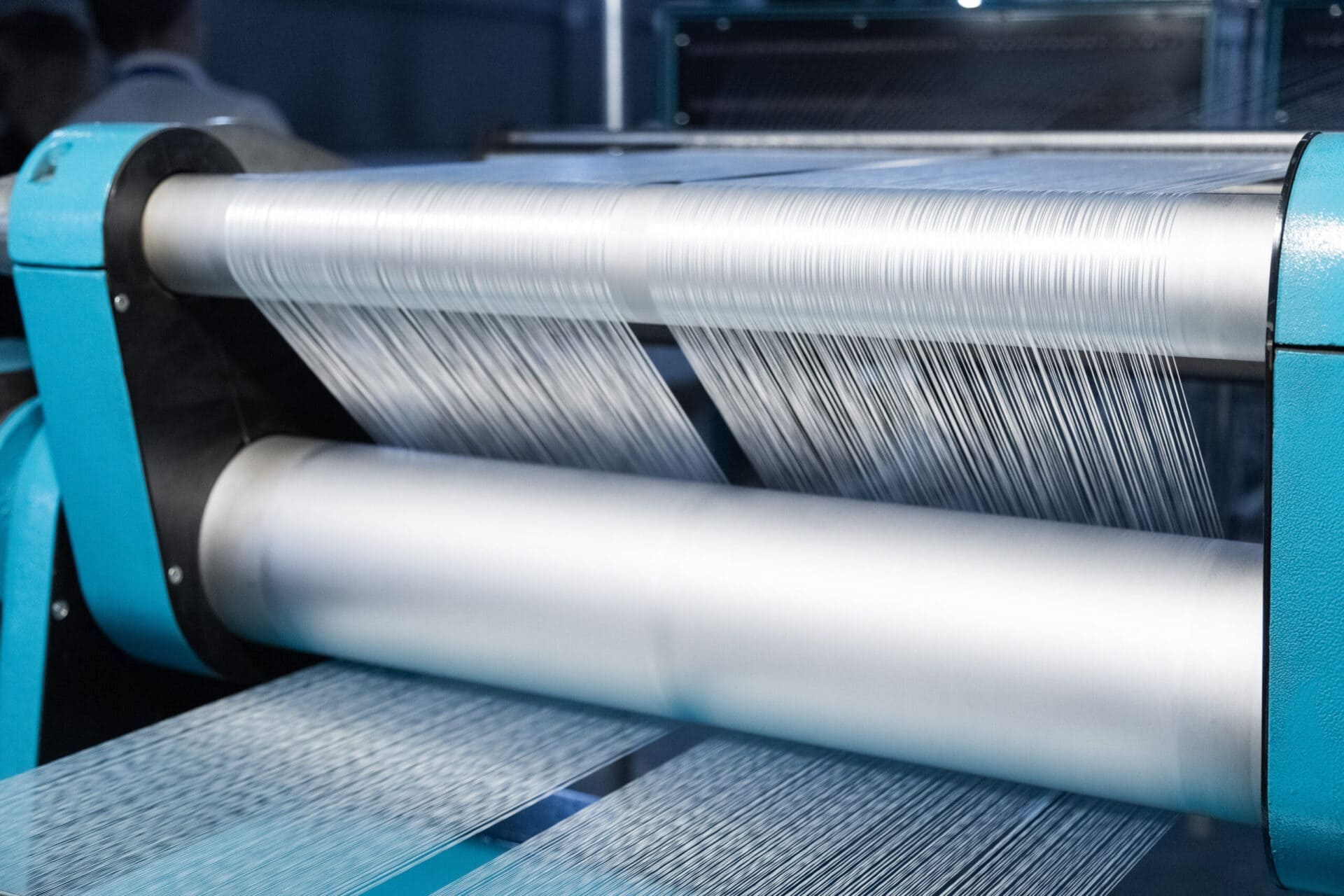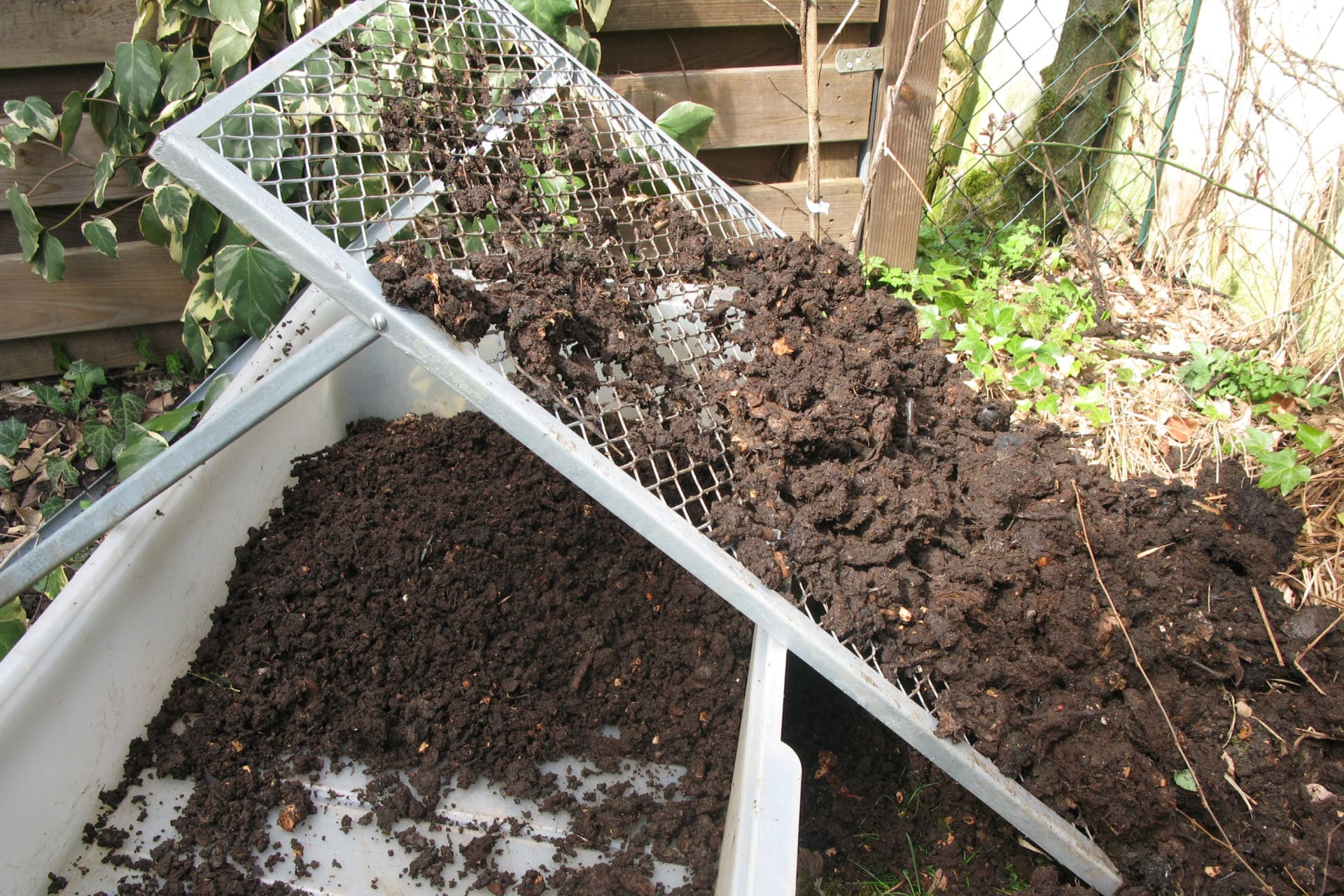The second edition of the International Seminar on Biotechnology Applied to the Plastics Sector, hosted by AIMPLAS in Valencia, gathered over 100 experts to discuss the latest innovations and key challenges in bioplastics. Across multiple sessions, industry leaders and researchers presented new technologies, regulatory developments, and sustainability strategies shaping the future of bioplastics.
Legislative Support and Market Challenges
The event opened with discussions on the role of bioplastics in the bioeconomy. European Bioplastics’ Lorette Du Preez emphasized how regulations such as the Global Plastics Treaty and the Circular Economy Act are creating opportunities for bioplastics. However, barriers such as high production costs and insufficient demand remain critical challenges, highlighting the need for stronger legislative incentives.
Other discussions focused on improving the recyclability of bioplastics, with Filippo Giancarlo Martinelli of Magfi presenting the ReBioCycle project, which aims to integrate bioplastics into the circular economy through advanced recycling technologies.
Advances in Bioplastics from Organic Waste
The seminar showcased how bioplastics can be produced from organic waste streams. Caterina Coll from Perseo Biotechnology detailed the company’s patented methods for converting agricultural and urban waste into bio-based materials such as bioethanol and bioethylene.
Other presentations highlighted research on the use of renewable raw materials in bioplastic production. Pablo Ferrero of AIMPLAS demonstrated how biopolymers contribute to reducing carbon emissions, while Rosa Puig from Novamont discussed flexible biorefinery models capable of processing municipal solid waste and even wastewater into biodegradable plastics.
Developments in PHA and Post-Production Processing
A session dedicated to polyhydroxyalkanoates (PHA) explored their increasing role in sustainable plastic solutions. Bruno Ferreira of Biotrend presented case studies on PHA production, including the Ellipse project, which optimizes fermentation-based synthesis of biodegradable plastics.
Experts also discussed post-production processing challenges, with presentations from Vincent Gavroy of Applexion on purification technologies that enhance bioplastic properties, and José María Guijarro of SAV, who explored how waste materials such as bagasse and coffee grounds can be repurposed for biopolymer applications.
Recycling Innovations and End-of-Life Solutions
Advancements in enzymatic recycling were a key focus of the event. Laura de Eugenio of CSIC and Christian Sonnendecker from the University of Leipzig presented the latest breakthroughs in PET and PBS degradation using specialized enzymes.
The importance of composting as an end-of-life solution was also discussed. Researchers from Cebimat and AIMPLAS highlighted how controlled biodegradation can optimize bioplastic disposal, aligning with agricultural strategies to minimize environmental impact.
Life Cycle Analysis and Economic Viability
The final session addressed the economic and environmental aspects of bioplastics. Apostolis Koutinas from NTUA presented research on the life cycle assessment of bioplastic alternatives for packaging. Meanwhile, Kealie Vogel of EMPA compared the climate impact of wood-derived biopolymers to conventional plastics, reinforcing the need for sustainable materials in a circular economy.
To conclude the seminar, the Red Marfil project brought together industry experts to discuss how bioplastics derived from agricultural waste can be integrated into high-value sectors such as agriculture and transportation.
Shaping the Future of Bioplastics
The AIMPLAS seminar reinforced that while bioplastics offer a promising pathway toward sustainability, challenges remain in scaling production, improving recycling, and securing regulatory support. As industries shift towards bio-based alternatives, continued research and policy alignment will be essential in driving the adoption of biodegradable materials.
